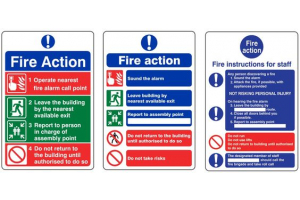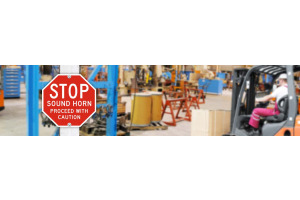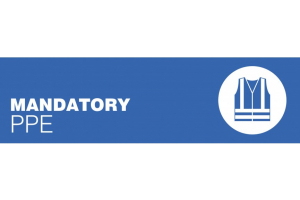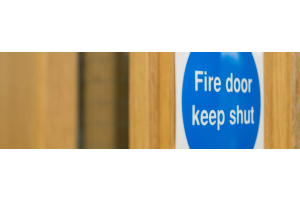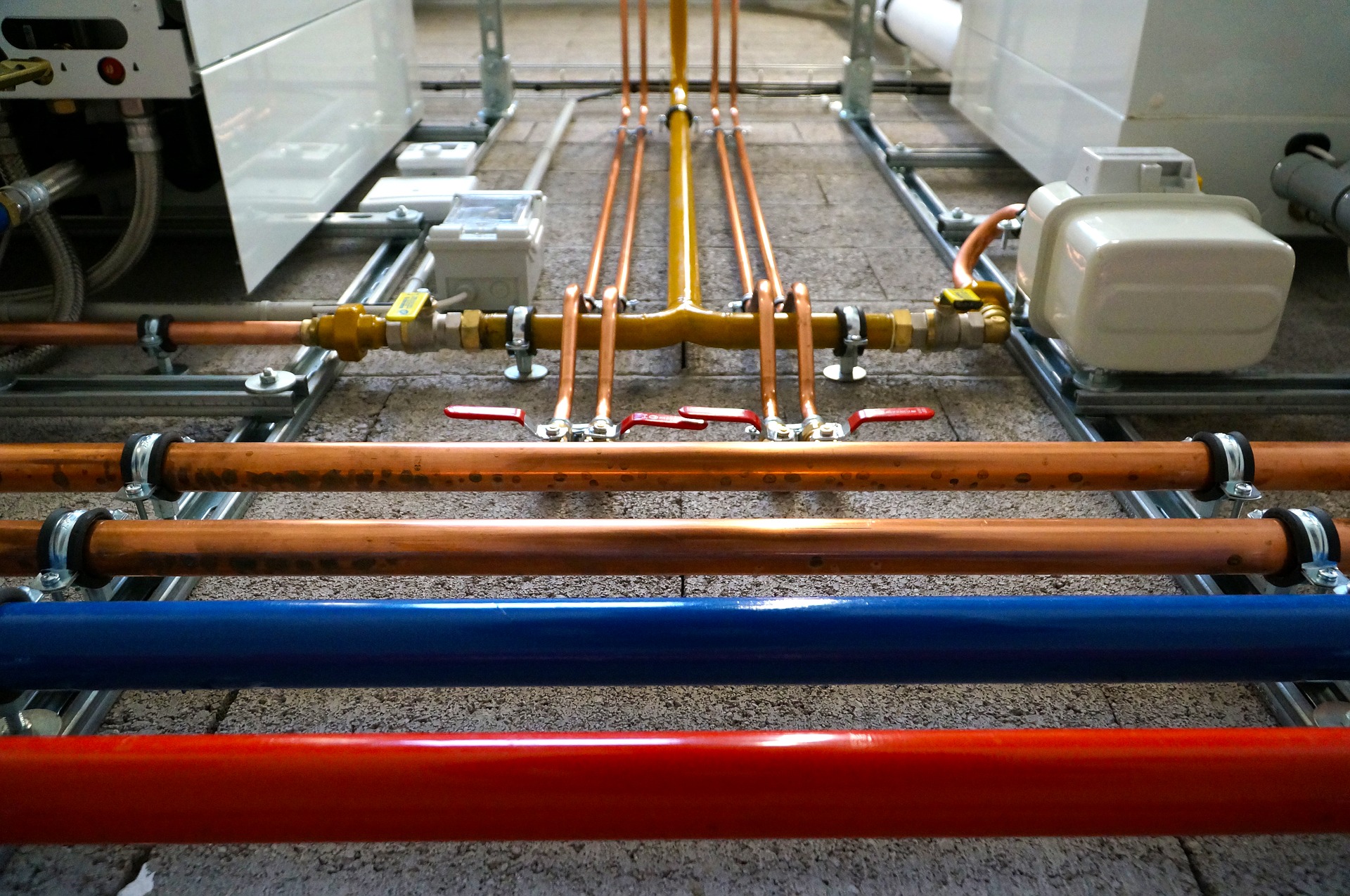
Work in relation to a gas fitting
For the purposes of these Regulations, ‘work’ includes do-it-yourself activities, work undertaken as a favour for friends and relatives, and work for which there is no expectation of reward or gain, eg voluntary activity for charities. This means that anyone carrying out such work must have the necessary competence, as required by regulation. However, membership of an HSE approved class of persons under regulation is required only by businesses carrying out gas fitting work. The definition of ‘work in relation to a gas fitting’ lists specific activities covered by this term, but this list is not exhaustive and other operations may also comprise ‘work’. The definition is wide-ranging and includes activities that could affect in any way the gas safety of a gas fitting (whether new or existing), and whether or not it contains gas (eg replacement of combustion seals and appliance controls). In the context of ‘work’, terms not otherwise defined in the Regulations (or in the HSW Act 1974) bear their normal meaning.
‘Installation’ may refer to either a new or used/second-hand appliance or fitting and associated guidance) and is not limited to initial installation in particular premises, ie it includes re-installation (eg following servicing/ repair work). ‘Installation of a gas appliance (or other gas fitting)’ will be work for the purpose of these Regulations even where the connection is made by a bayonet fitting or other self-sealing connector (the connection of such a fitting being just one part of the installation). For the purpose of the definition of ‘work’, ‘disconnecting’ means physically detaching or uncoupling a fitting (ie which involves breaking into a gas-way), rather than simply isolating it by means of a valve or similar device. Both ‘connecting’ and ‘reconnecting’ should be understood accordingly.
For the purpose of the definition of ‘work’, readily movable appliances include appliances such as laboratory Bunsen burners and mobile barbecues, which are readily portable. Other appliances, eg free-standing cookers connected by a flexible hose, are not considered to be ‘readily movable’, but can be moved temporarily, eg to clean the space they normally occupy; this type of activity is not regarded as ‘work’ within the meaning of these Regulations. (Where an appliance is connected by means of a bayonet fitting, this will need to be disconnected before moving the appliance – such a disconnection is also excluded from the definition of work, as is the connection or re-connection of this type of fitting.)
Lighting or relighting an appliance burner/pilot light, eg after temporary disruption or isolation of the gas supply (such as when gas cylinders are changed, or following operation of an over- or under-pressure control device), does not itself comprise work. However, the resumption of a gas supply in these or other circumstances may involve ‘work’ (eg where purging a gas fitting or appliance of air or gas); but in certain cases checks on appliances under regulation 26(9) are not required (see regulation 26(10)). Any interruption of the gas supply possibly caused by faulty or maladjusted equipment should be thoroughly investigated and remedial action taken, as necessary, in accordance with the requirements for ‘work’ under the Regulations. For the purposes of these Regulations any reference to installing a gas fitting includes a reference to converting any pipe, fitting, meter, apparatus or appliance to gas use; and a person to whom gas is supplied and who provides that gas for use in a flat or part of premises let by him shall not in so doing be deemed to be supplying gas.
Landlords
Landlords providing gas for tenants’ use in flats or parts of buildings are not ‘gas suppliers’ for the purpose of these Regulations and do not attract supplier related responsibilities. However, the position may be different where the gas is for use in any premises which is not a building, eg a caravan. See also definition of ‘supplier’ in regulation 2(1) and associated guidance. Irrespective of who is the gas supplier, there are separate duties on landlords under regulation 36, eg requiring gas appliances, installation pipework and flues provided for tenants to be maintained in a safe condition and annual safety checks to be carried out under regulations
